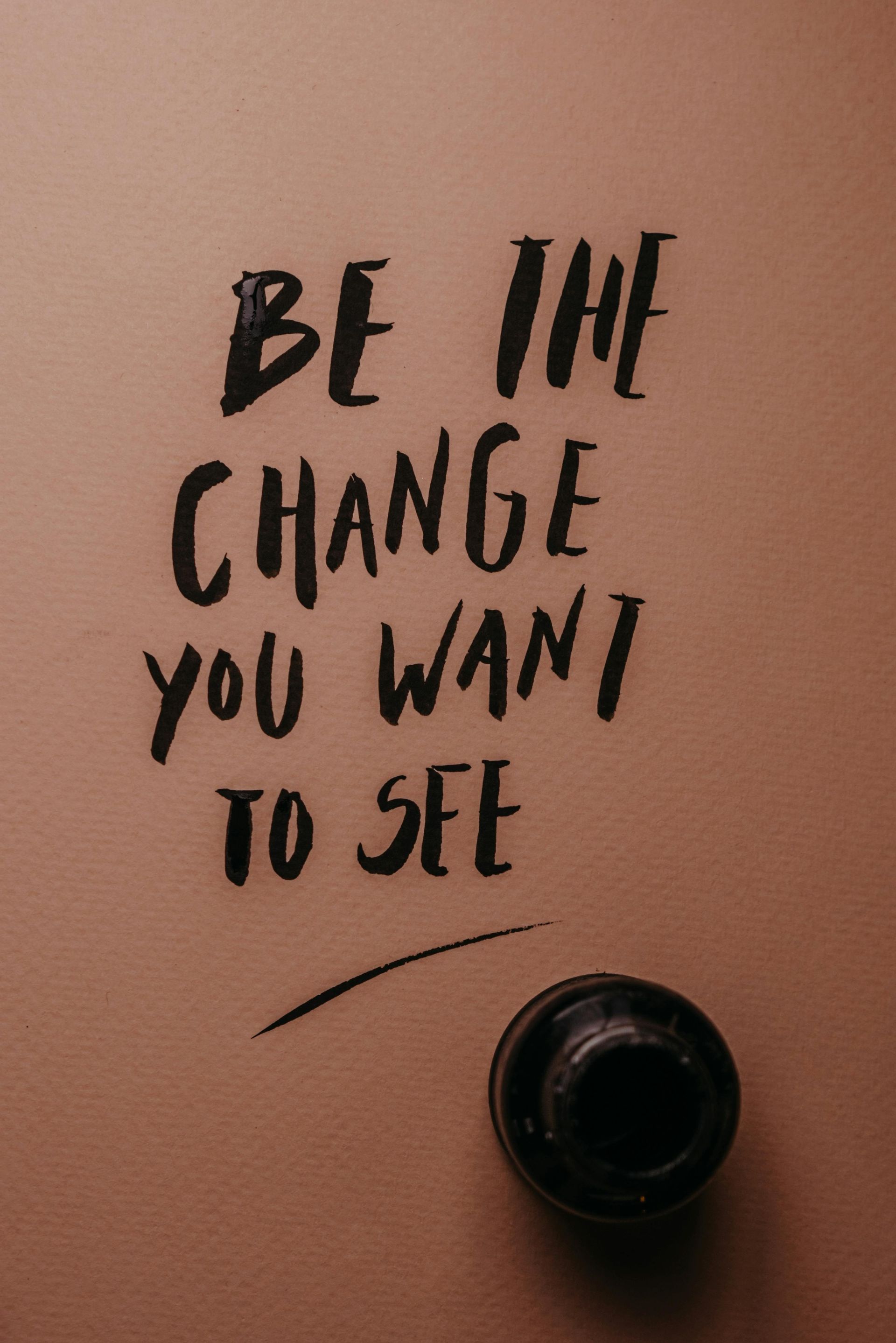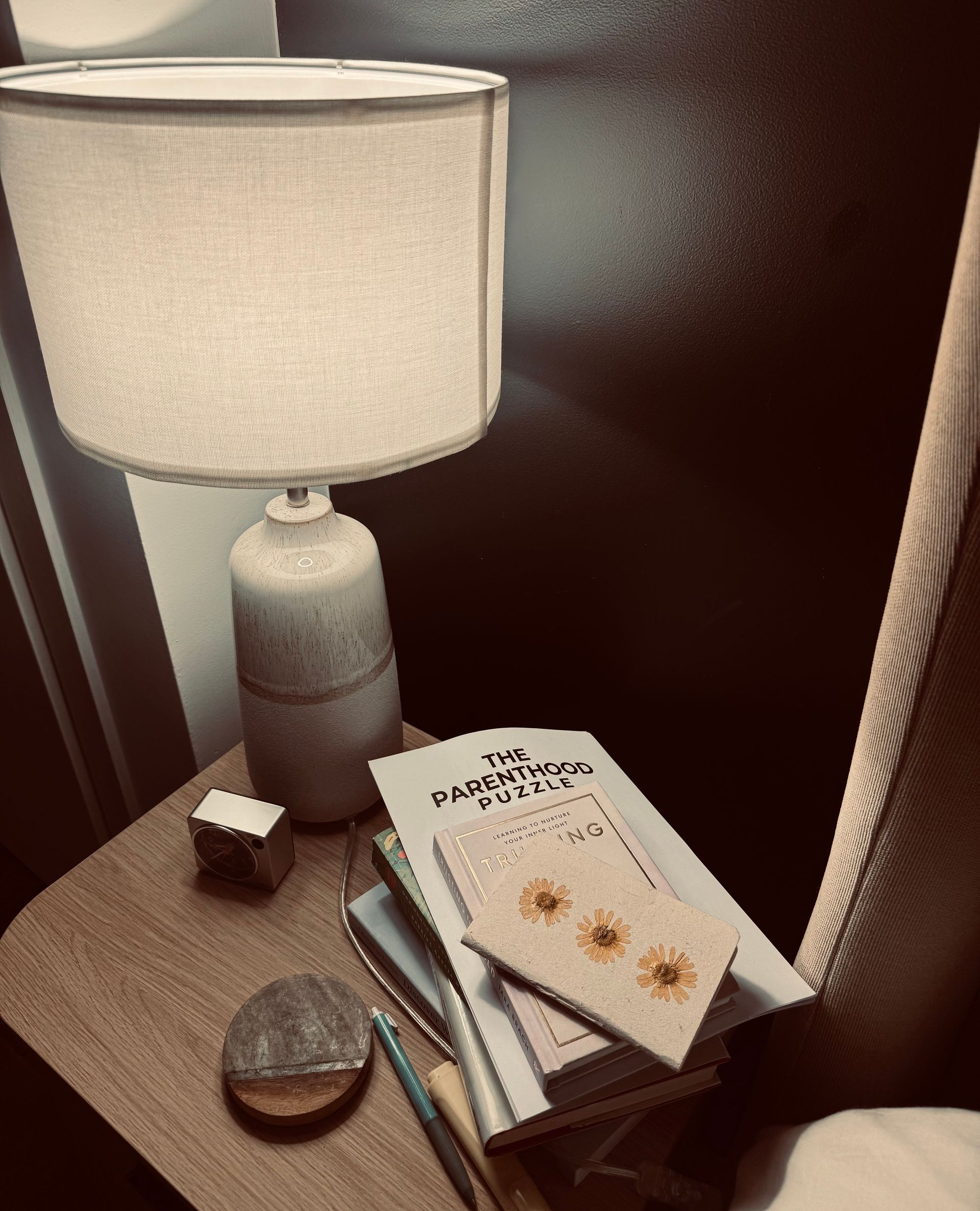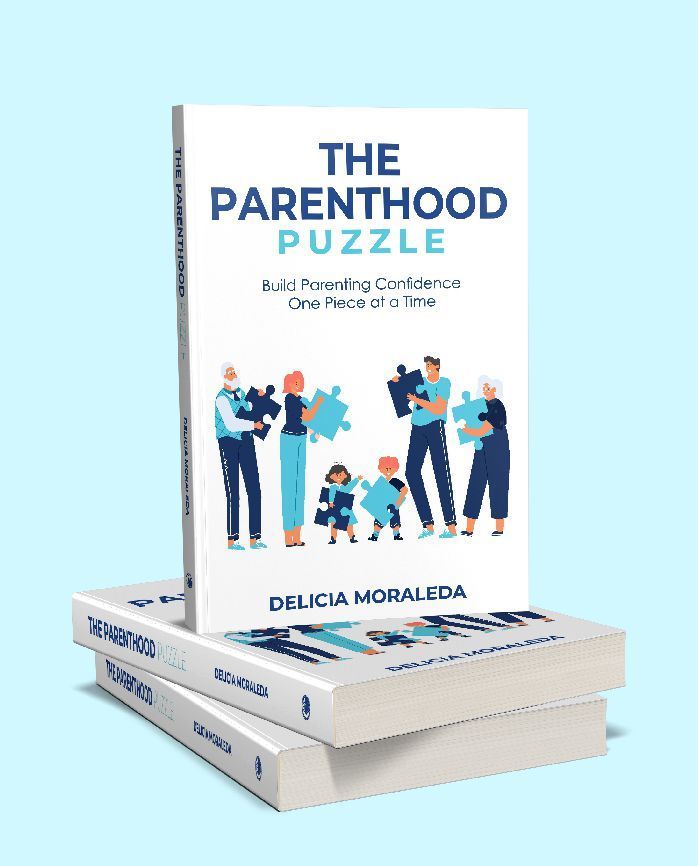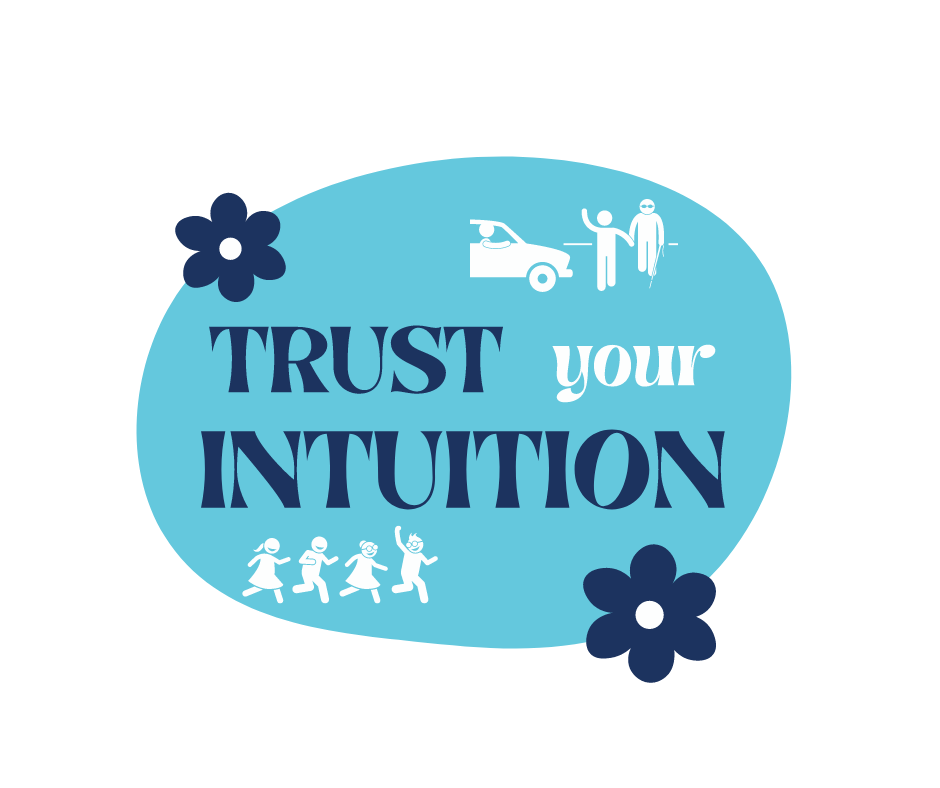"But Mum" sounds like " BUM: Turning Parenting Frustrations into Playful Moments
A playful twist on words that has transformed my tension into getting their attention.
As a parent, you’ve probably heard the dreaded “But Mum” more times than you can count.
It’s the universal sign of pre-teen resistance—a knee-jerk reaction to instructions or requests that seems to instantly trigger our inner lawyer, defender, or, let’s face it, sometimes even our inner tyrant. I used to find myself participating in tug-of-war arguments with my sons whenever they’d toss this phrase my way. But recently, I discovered a new approach that has completely transformed these interactions.
The Power of Playfulness
One day, I decided to experiment with a different response. Instead of getting caught in the game of tug-o-war —proving my point, defending, justifying, and lecturing—I chose to drop the rope. The next time I heard “But Mum,” I repeated it in my mind and then out loud with different accents. I landed on an English accent that, when said slowly and with a silent "t," amusingly sounded like “BUM.”
When my son said “But Mum” while I was asking him to help with grocery bags, I replied with, “Did you just say BUM to me?”
He froze momentarily, then realised I was joking.
The tension dissolved into laughter, and the whole situation turned into a playful moment rather than a battleground. Helping with the bags didn't seem like such a big deal anymore.
It’s a simple trick, but it worked wonders for us.
I recently shared this hack with another parent who was struggling with the same issue, and she loved it. It’s important to remember, though, that while playfulness can be a powerful tool, it’s not always appropriate. Sometimes children’s resistance is their way of asserting their independence, or because they're genuinely upset. Sometimes their reasons may be valid. It’s crucial to balance playfulness with empathy and a willingness to listen and understand.
Playful Parenting Tips
Embrace the Unexpected: Turn tense moments into funny ones. Make silly faces, use funny voices, or turn everyday tasks into games. A little humour can make even the most mundane tasks more bearable. Unexpected playfulness can change the dynamic of conversation and make it more enjoyable.
Create Playful Routines: Inject some fun into daily rituals. Why not turn chores into a friendly competition or make bedtime a silly affair with funny songs or stories? It makes routine tasks less of a chore and more of a bonding time.
Role Reversal Fun: Let your child take charge in a playful role-reversal scenario. Let them play the “parent” and give you directions. It’s a fun way for them to see things from your perspective and shake up the routine. If homework is dragging, turn it into a game. Quiz them, race against the clock, or create challenges. Learning becomes more engaging and less of a struggle.
Acknowledge Their Feelings: Before you switch gears to playful mode, make sure to validate your child’s feelings. Acknowledge what’s bothering them and then gently introduce a fun twist to lighten the mood.
Set the Example: Model the behaviour you want to see. Show your kids that life can be fun. Approach daily challenges with humour and they’ll likely pick up on that attitude and mirror it. Show them that it's okay to find joy and laughter in the simple, everyday situations.
The Nervous System Secret about Play
Here’s a fascinating nugget that might just make you even more eager to embrace play: play actually involves a special blend of our nervous system’s states. When you engage in playful moments, your body is signaling safety and calm through the ventral vagal system. This means that when you play with your child, you’re not only making the moment more enjoyable but also communicating that you’re a safe, supportive presence. This sense of safety is crucial for building strong, trusting relationships and can make the playful interactions even more impactful.
From Frustration to Fun: You Get to Choose
Turning “But Mum” into a moment of laughter rather than frustration has been a game changer for us. It’s a simple yet effective way to use humor to ease tension and make parenting a bit more enjoyable. Sure, there are times for serious talks, but finding moments to laugh and play can make all the difference.
The Ultimate Parenting Upgrade - Play is not just for children, it's good for you too
And on a side note, every time I hear “But Mum,” I can’t help but chuckle as it reminds me of my playful accent. It’s also a little nudge to get back to the gym—so no, that’s not my bum in the picture;
I wish it were!
Parenting, after all, is about finding joy in the everyday and turning those little frustrations into fun.
So, next time you hear
“But Mum,” seize the opportunity to transform it into a playful moment, and maybe give yourself a little laugh (and perhaps a reminder to hit the gym) while you're at it.











